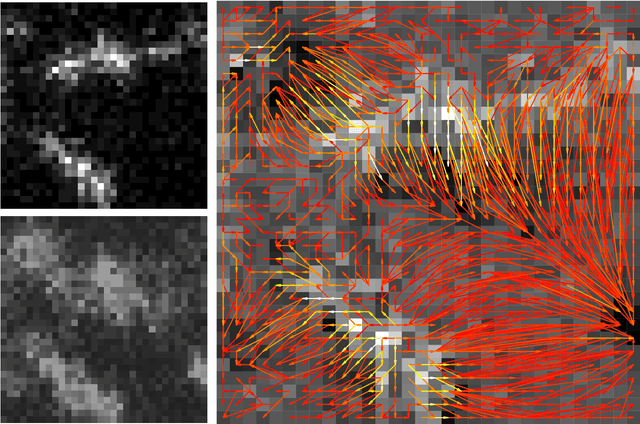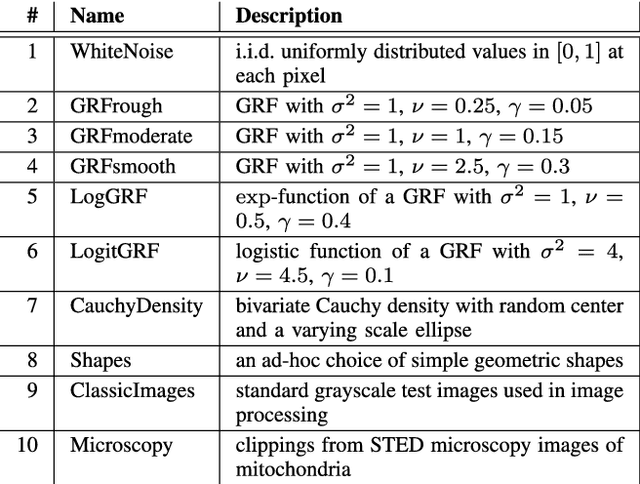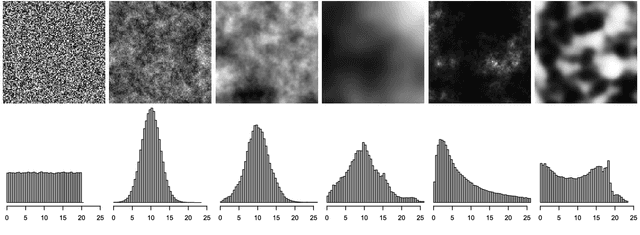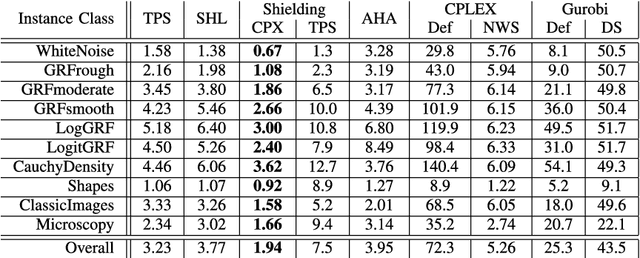Jörn Schrieber
DOTmark - A Benchmark for Discrete Optimal Transport
Oct 11, 2016



Abstract:The Wasserstein metric or earth mover's distance (EMD) is a useful tool in statistics, machine learning and computer science with many applications to biological or medical imaging, among others. Especially in the light of increasingly complex data, the computation of these distances via optimal transport is often the limiting factor. Inspired by this challenge, a variety of new approaches to optimal transport has been proposed in recent years and along with these new methods comes the need for a meaningful comparison. In this paper, we introduce a benchmark for discrete optimal transport, called DOTmark, which is designed to serve as a neutral collection of problems, where discrete optimal transport methods can be tested, compared to one another, and brought to their limits on large-scale instances. It consists of a variety of grayscale images, in various resolutions and classes, such as several types of randomly generated images, classical test images and real data from microscopy. Along with the DOTmark we present a survey and a performance test for a cross section of established methods ranging from more traditional algorithms, such as the transportation simplex, to recently developed approaches, such as the shielding neighborhood method, and including also a comparison with commercial solvers.
 Add to Chrome
Add to Chrome Add to Firefox
Add to Firefox Add to Edge
Add to Edge